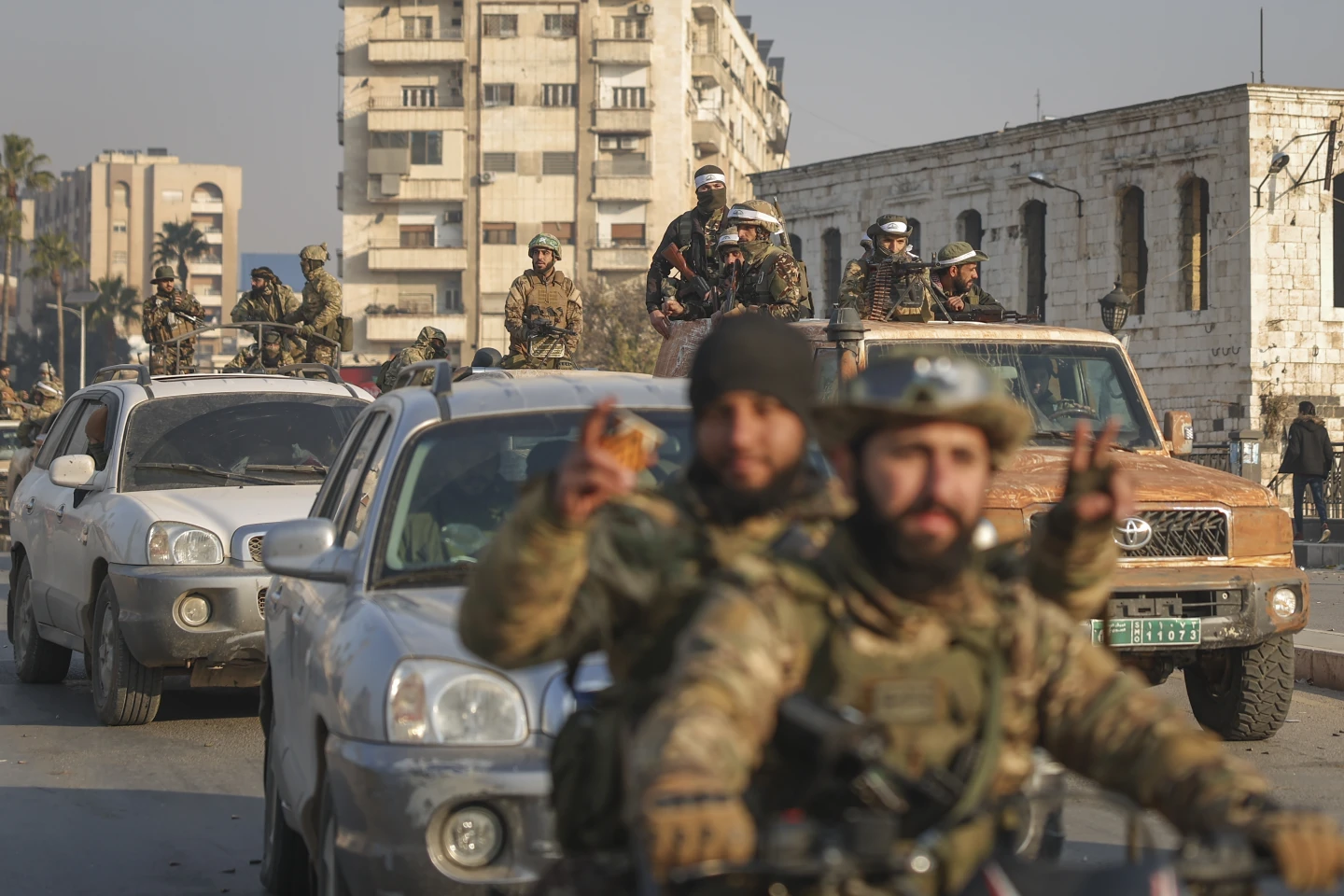President-elect Donald Trump expressed a strong stance against U.S. military involvement in Syria, emphasizing that the ongoing conflict is not America’s battle. This declaration came amid an unprecedented advance by opposition forces near Damascus and sparked significant discussion about the future of U.S. policy in the region.
Trump’s comments highlighted his belief that Syrian President Bashar Assad does not deserve U.S. support, suggesting that the conflict should resolve itself without American intervention. The remarks were made during Trump’s visit to Paris, coinciding with the reopening of the Notre Dame Cathedral.
The Syrian civil war, ongoing for 13 years, has devastated the country, with more than half a million deaths and immense destruction. The Assad regime has been sustained by the military backing of Russia, Iran, Hezbollah, and other allied militias, despite a persistent rebellion initially sparked by peaceful protests in 2011.
Currently, the insurgency is spearheaded by Hayat Tahrir al-Sham, a group previously linked to al-Qaida, which has advanced significantly with minimal resistance from Assad’s forces. The U.S. recognizes the group as a terrorist organization, complicating its position on the unfolding events.
Opposition fighters have seized control of several cities and are now preparing for a major offensive on Damascus, raising questions about the capability and focus of Assad’s allies, especially Russia, which is preoccupied with its involvement in Ukraine.

Trump Rejects U.S. Military Involvement in Syria Amid Rebel Advances and Assad Regime Weakening
While some U.S. officials have noted that these rebel gains may signal the waning influence of Russia and Iran in Syria, both the outgoing Biden administration and the incoming Trump administration have made it clear that the U.S. is not actively supporting the rebel advance or considering military intervention.
The U.S. military presence in Syria, comprising around 900 troops, remains focused on countering the Islamic State and ensuring the safety of U.S. personnel. General Bryan Fenton and other defense officials have refrained from speculating on how the Syrian upheaval might impact U.S. operations in the region.
Meanwhile, Robert Wilkie, part of Trump’s defense transition team, remarked that the collapse of the Assad regime could significantly weaken Iran’s power in the region, underscoring the broader geopolitical implications of the conflict.
Syrian opposition activists, including Mouaz Moustafa, welcomed Trump’s stance against U.S. involvement, interpreting it as an implicit endorsement of the rebel efforts against Assad. As rebels liberated cities and freed political detainees, activists pledged to safeguard any U.S. detainees, including Austin Tice, a journalist missing for over a decade.
The U.N. has called for urgent discussions to facilitate a political transition in Syria, underscoring the international community’s concern about the potential for further instability as Assad’s hold on power weakens.























